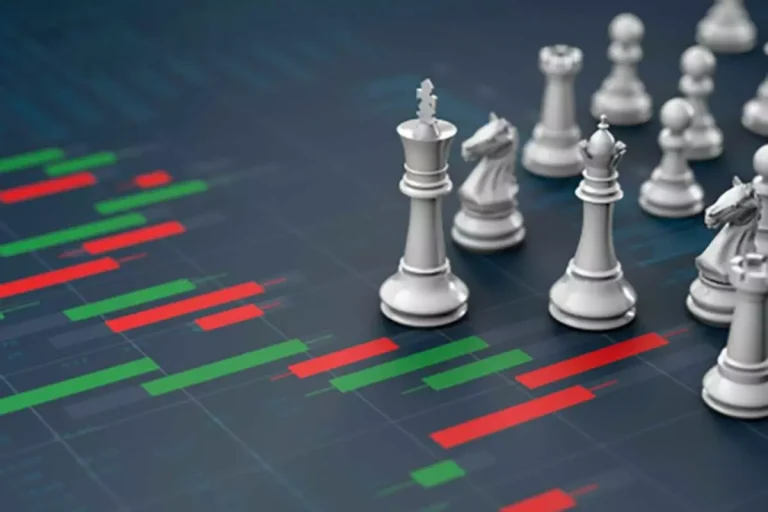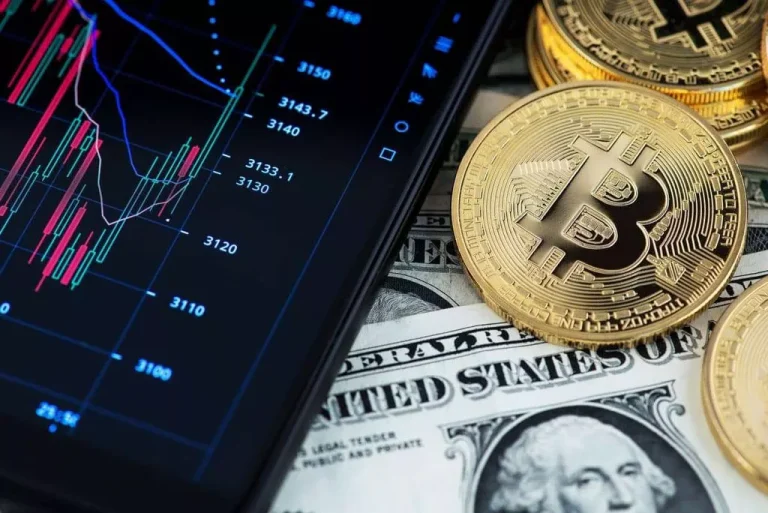Content
In addition to futures and options, index derivatives are also widely traded in India. These derivatives derive value from an index representing stock baskets, such as the Nifty 50 or Sensex. Index derivatives allow investors to take a position on the market’s overall performance rather than individual stocks. Exchange-Traded Derivatives are standardized financial contracts that are bought and sold on regulated exchanges, such as the Chicago Mercantile Exchange (CME), the Intercontinental Exchange (ICE), or the Eurex Exchange. These derivatives include a wide range of products, such as futures, options, and commodity contracts. Derivatives https://www.xcritical.com/ contracts for currencies are widely listed on exchanges for trading, allowing investors to trade long or short on these currency pairs.
- By doing so, arbitrageurs help to promote price efficiency and reduce market volatility.
- Tamta is a content writer based in Georgia with five years of experience covering global financial and crypto markets for news outlets, blockchain companies, and crypto businesses.
- Market participants must carefully consider their objectives, risk tolerance, and regulatory environment when choosing between ETDs and OTC derivatives to effectively manage their financial strategies.
- An exchange-traded derivative is a financial contract that is listed and traded on a regulated exchange.
- These contracts, such as futures and options, have predefined contract terms, including contract size, expiry date, and settlement methods.
- The articles and research support materials available on this site are educational and are not intended to be investment or tax advice.
Exchange-traded Vs OTC Derivatives
CME Group offers a full list of tradable futures contracts on the company website. Mike believes that the price of wool will decrease in the upcoming winter, and therefore he might incur a loss as his stock of wool will be sold at a lower price. On the Decentralized application other hand, Harvey believes that the price of wool will shoot up, and therefore he might not be able to buy much wool due to limited funds, which will lead to less production and, finally, will decrease the revenue. So, they both negotiated and entered into a contract where Harvey will buy wool from Mike at a fixed price of $5/metre after 6 months.

Download ICICIDirect App – All in 1

Exchanges are required to enforce strict rules governing fair and transparent trading designed expressly to protect the interests of market participants. Examples of well-known regulated derivatives exchanges include the Chicago Mercantile Exchange (CME) and Eurex. The idea behind ETDs was to what is an etd create standardized contracts with uniform terms, facilitating trade and reducing counterparty risk. Over time, ETDs evolved to include various asset classes beyond agriculture, such as financial derivatives like stock index futures and interest rate futures.

Five Differences Between OTC and Exchange Traded Derivatives
There are 5 exchanges in China that trades Exchange Traded Derivatives Contracts. They are overseen by the China Securities Regulatory Commission (CSRC) to ensure fair operation for the different types of exchange traded. Exchange-traded derivatives are some of the world’s most actively traded (liquid) instruments. In the year to September 2023, the world’s derivatives exchanges traded some 95 trillion contracts, an increase of over 50% on the previous year. FPIs, previously restricted to trading in equity and debt, will now have a broader array of investment options, potentially diversifying their portfolios.
This liquidity allows investors to quickly execute trades at competitive prices without significant price impact, thus reducing transaction costs and enhancing market efficiency. ETDs are an important financial instrument that play a critical role in financial markets. They allow market participants to manage risk, gain exposure to a wide range of assets, and promote price discovery and liquidity. An exchange-traded derivative (ETD) is merely a derivative contract that derives its value from an underlying asset that is listed on a trading exchange and guaranteed against default through a clearinghouse. Due to their presence on a trading exchange, ETDs differ from over-the-counter derivatives in terms of their standardized nature, higher liquidity, and ability to be traded on the secondary market.
On the other hand, Over The Counter derivatives are privately negotiated contracts between two parties. OTC derivatives offer greater flexibility in terms of contract customization, allowing counterparties to tailor the terms to their specific needs. ETD markets are subject to regulatory oversight to ensure fair and transparent trading practices. Regulatory authorities monitor exchanges, clearinghouses, and market participants to maintain market integrity.
However, with their complex nature and potential for high risk, investors must deeply understand ETDs and their underlying assets before trading. ETDs are standardized and traded on regulated exchanges, offering more liquidity, transparency, and lower risk. OTC derivatives are privately negotiated, allowing customization but with higher counterparty risks and less market transparency. Exchange-traded derivatives offer more liquidity, transparency, and lower counterparty risk than over-the-counter (OTC) derivatives at a cost of contract customization. The exchange-traded derivatives world includes futures, options, and options on futures contracts.
ETDs are traded on organized exchanges, such as the Chicago Mercantile Exchange (CME) or the New York Stock Exchange (NYSE), and are standardized contracts that can be bought and sold like any other security. ETD has been instrumental in modernizing finance by distributing access to traders of different capacities. It has differentiated the capital market with all kinds of players, thus ensuring the movement of capital through access. It is possibly the best market to pre-empt risks and maximize gains with minimal upfront costs. ETDs are regulated by administrative bodies to promote fair markets, protect investors, and maintain market integrity.
This increased volume benefits traders by providing improved liquidity and a reduction in costs. The more traders there are for a specific options contract, the easier it is for interested buyers to identify willing sellers, and the narrower the bid-ask spread becomes. Exchange-traded options contracts are listed on exchanges such as the Cboe Options Exchange. ETD derivatives offer high liquidity, reduced risks, transparency, and standardized contract terms.
Standardisation is an essential feature of ETDs that helps increase their liquidity and enhances the determination of their value. The contract rules are already set and transparent, making it easier for everyone to trade. Trading parties can discuss specific terms, creating contracts designed to manage individual risks. However, the absence of a standardised way of trading with OTCs can make it harder to buy and sell them, increase the risks, and possibly make it more expensive to make transactions.
These contracts are standardized and tradeable, making them highly liquid and easily accessible to investors. Exchange-Traded Derivative Contracts (ETDs) are standardized financial agreements traded on regulated exchanges. These include options and futures, whose value depends on the price fluctuations of underlying assets like stocks, indices, currencies, or commodities.
OTC cleared products are also traded over-the-counter, but they differ in the way they handle counterparty risk. In OTC cleared products, a central clearinghouse acts as an intermediary between the parties involved in the trade. When a trade is executed, the central clearinghouse becomes the counterparty to both the buyer and the seller.
Speculators include individual investors, hedge funds, and other traders who seek to generate profits from buying and selling ETDs. Speculators are often characterized as adding liquidity to the market and promoting price discovery. ETDs are widely used by investors, traders, and corporations to hedge against price movements, speculate on future price changes, and arbitrage price discrepancies between different markets. ETDs play an important role in financial markets because they allow investors to manage risk and gain exposure to a wide range of assets without actually owning them.
